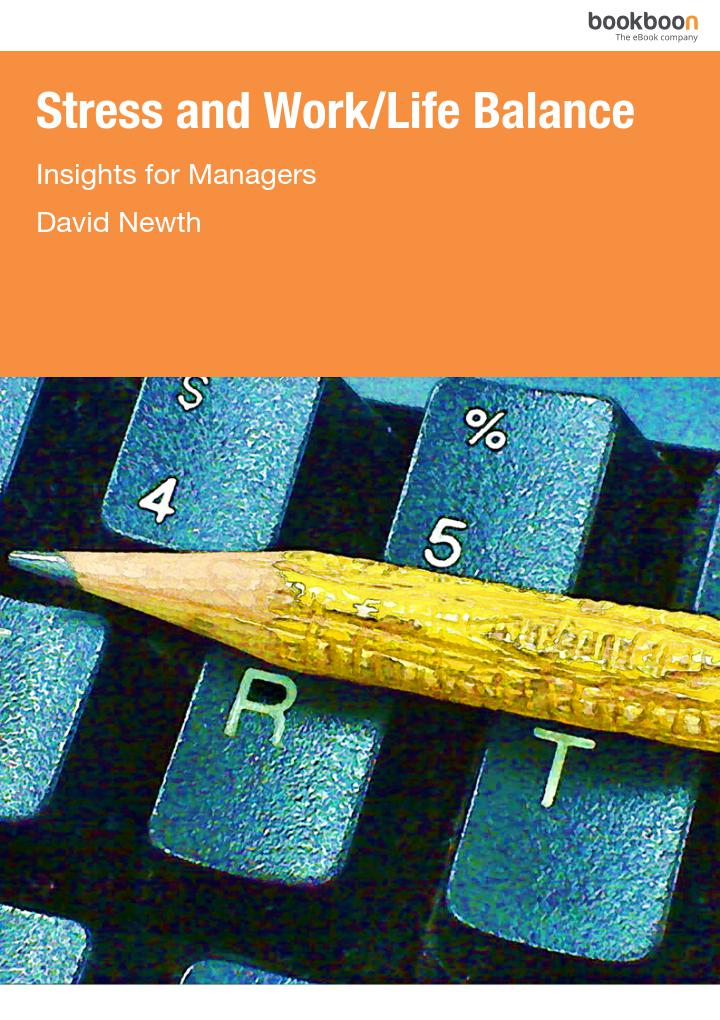Work-life balance: 4 tips for managers

As managers, we tend to put a significant amount of pressure on maintaining our employees’ work-life balance. We want to be good managers. The types of managers who let their employees have a life outside of work. But spending all our energy on ensuring others maintain balance can throw our own balance off. Managers and other leaders often have some of the worst work-life balance rates among workers. Here are 4 ways for managers to find the balance between work and life.
Improve your time-management
Often times we, as managers, end up feeling some form of guilt when we do try to take time out from work, making true relaxation virtually impossible. In order to reap the benefits of time spent away from work, it is important to be as productive as we can during the hours we are in the workplace.
Make the most of each day by:
- Getting enough sleep
- Set 2-3 goals for the day and working on one thing at a time
- Organising your workspace
Check out our tips on Time-management here.
Learn to say no
 This can be a very difficult task but a good thing to remember is that every time one says ‘yes’ to taking something on, they are saying ‘no’ to something else. For managers, the ‘no’ tends to be to aspects outside of work such as their own health or time spent with family and friends.
This can be a very difficult task but a good thing to remember is that every time one says ‘yes’ to taking something on, they are saying ‘no’ to something else. For managers, the ‘no’ tends to be to aspects outside of work such as their own health or time spent with family and friends.
Warren Buffet said it best. “The difference between successful people and really successful people is that really successful people say no to almost everything”
Like articles like this? Check out our weekly #WorkplaceWednesday newsletter and be the first to read workplace blogs!
Make sure downtime is built into your schedule
Sometimes we actually need to schedule time for relaxing. Block out parts of your schedule for breaks, holidays and evenings so that you can plan your work around time away from work rather than the other way around.
Switch off
 Being available at all times regarding scheduling, communication and problem-solving tends to be a common trait among managers. The problem with being constantly switched on is that there is no time of day during which you can entirely stop thinking about work.
Being available at all times regarding scheduling, communication and problem-solving tends to be a common trait among managers. The problem with being constantly switched on is that there is no time of day during which you can entirely stop thinking about work.
Managers, sometimes more than any other workers, need to be able to find their own balance before they can begin to ensure others have a healthy work-life balance.



